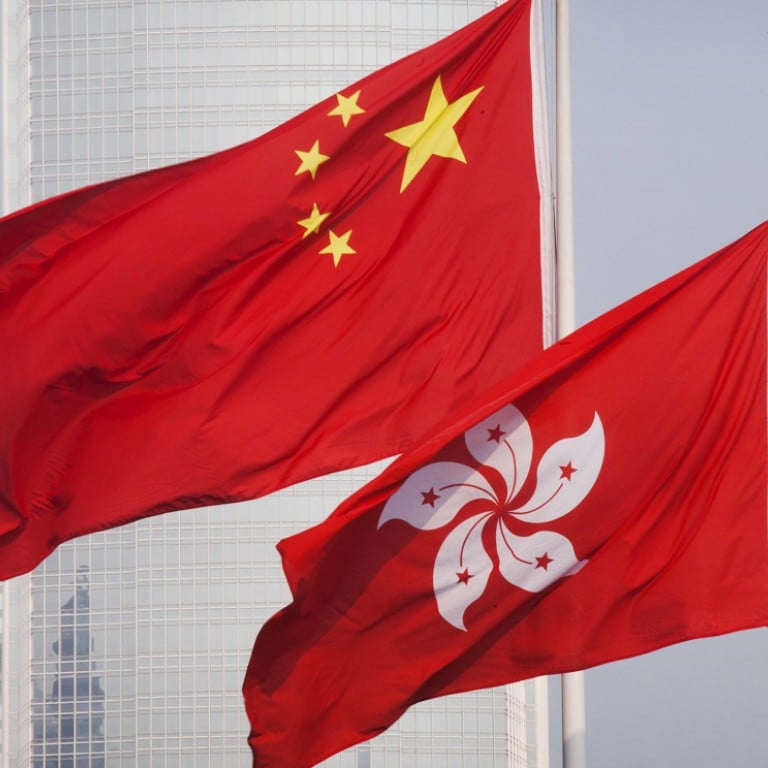
New draft of China’s national security law for first time highlights Hong Kong’s responsibilities
Proposed new version of the country's national security legislation highlights city's obligations on the controversial issue for the first time
Beijing has for the first time highlighted Hong Kong's obligations under a new draft of the country's national security law, raising the prospect of renewed pressure on the city to get moving on its own relevant legislation.
The draft bill, published online yesterday, makes it clear that Hong Kong must do its part.
There is no excuse for us not to fulfil our constitutional responsibility
Article 11 of the draft states: "China's sovereignty and territorial integrity brook no division. Safeguarding China's sovereignty and territorial integrity is the common obligation of all Chinese people, including people in Hong Kong and Macau as well as Taiwan."
Article 36 goes on to say: "The Special Administrative Region of Hong Kong and the Special Administrative Region of Macau must fulfil their responsibility to safeguard national security."
The full draft, which is up for public consultation until June 5, will be scrutinised by the National People's Congress next March at the earliest.
While legal experts doubt that China's national security legislation can be directly enforced here, local commentators and politicians see the unprecedented reference to Hong Kong as a clear signal Beijing wants the city to stop dragging its feet on drawing up its own legislation to ban acts of "treason, secession, sedition or subversion", as stipulated under Article 23 of the Basic Law.
It will be a tough sell to the public, judging by mass protests sparked by the last attempt in 2003 that led to the early resignation of former chief executive Tung Chee-hwa. Many in Hong Kong feared their rights and freedoms would be curtailed back then, and they continue to treat any talk of national security legislation with suspicion.
But pro-Beijing politicians say it's time to get moving on the highly controversial issue.
"There is no excuse for us not to fulfil our constitutional responsibility when our country has already enacted its own national security law," said trade unionist Stanley Ng Chau-pei, a Hong Kong deputy to the NPC. Ng triggered a storm in January by suggesting the mainland's national security law should be enforced directly in Hong Kong.
Legislator Priscilla Leung Mei-fun, a legal academic who specialises in China law, said the draft was a warning to Hong Kong over the lack of progress on the issue.
Professor Michael Davis, a constitutional law expert at the University of Hong Kong, said the mainland law could not be applied in the city unless it was added to Annex III of the Basic Law. However, Article 18 of the Basic Law does allow Beijing to apply national laws directly to the city under extreme situations such as a state of emergency in Hong Kong.
Hong Kong already has many relevant laws to protect national security even without the legislation of article 23, Davis said.
If an "attempt to apply mainland national security law to Hong Kong were made, it could pose serious problems respecting human rights, as the mainland law would likely not be protective of basic rights guaranteed in Hong Kong," he said.
Secretary for Justice Rimsky Yuen Kwok-keung said yesterday he had not heard of any intention by Beijing to amend Annex III.
Democratic Party lawmaker Albert Ho Chun-yan said the move was a declaration of intent by Beijing. He said: "Hongkongers should be cautious and not give Beijing any excuse to push for the legislation … by advocating independence".
The country's first national security law, which took effect in 1993, did not touch on Hong Kong. It was renamed the Counter-espionage Law last year.

